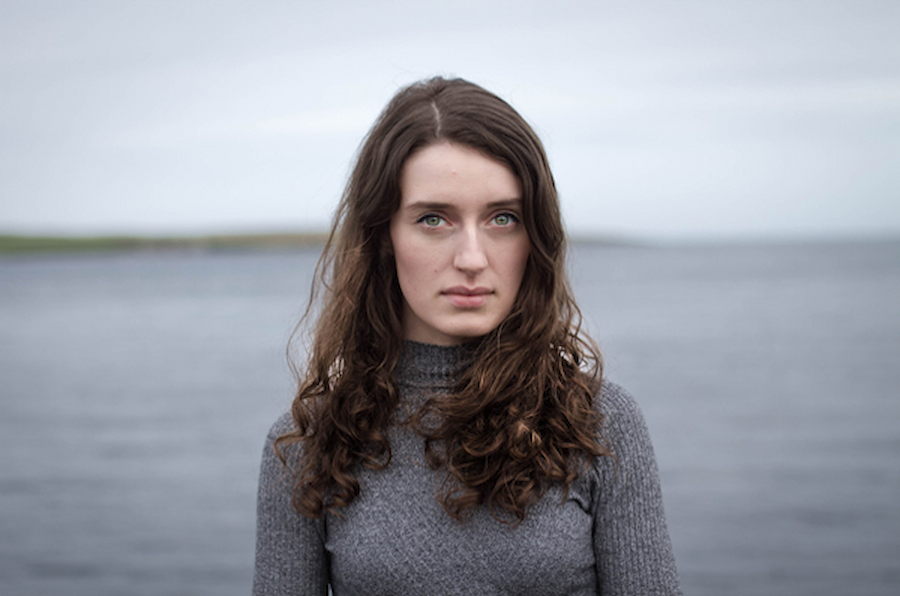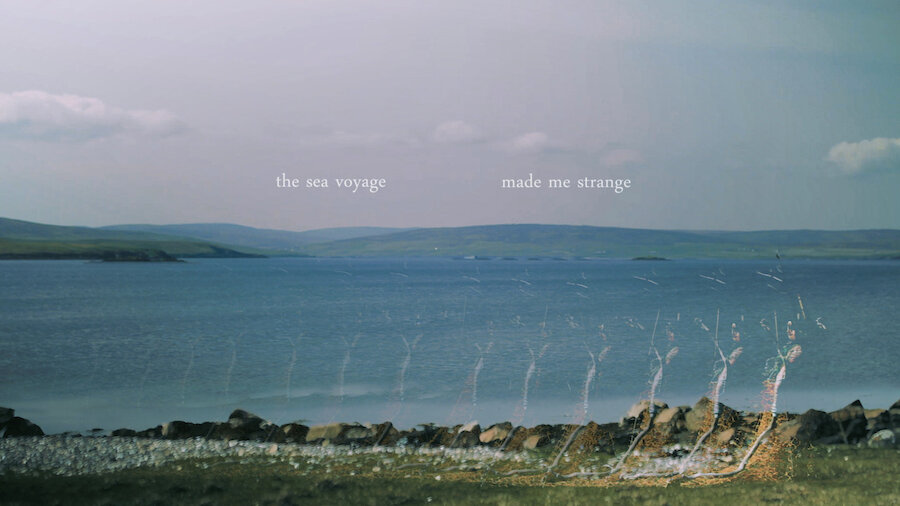When did your interest in poetry begin?
"I was surrounded by poetry-lovers growing up, so I think I've always had something of a predetermined appreciation for it. But I'd say poetry properly 'clicked' when I was in my 5th year of high school. I remember reading Edwin Morgan's 'Glasgow Sonnets' and Seamus Heaney's 'Death of a Naturalist' for Higher English, and suddenly understanding that this was what poetry could do. It was like watching the words open up the potential of language on the page, and it completely captured me."
When did you start writing – did you begin with poetry?
"It's a great question, which I'm actually not sure the answer of! For as long as I can remember, I have been writing stories and poems. I don't think my younger self would ever have thought my first book would be a poetry collection, though. I don't even think I really thought of myself as primarily a poet until my dissertation year at uni. It was during a creative writing class, and our tutor asked us why a writer might use the second-person voice. I answered: as an address to someone or something. And she replied: That is a poet's answer."
What about film – how did the two mediums come together for you?
"I wish I had a more profound reason than the truth... film and poetry came together as the result of my own indecision! My love of filmmaking grew from my time making films with Maddrim Media. I then studied film and English at Stirling University, but was only allowed to choose one subject for my dissertation. I found a loophole by combining my poetry with film. There were no rules against it; in fact, my supervisor loved the idea, and so that is how I fell into the whole process I'm in today!"

